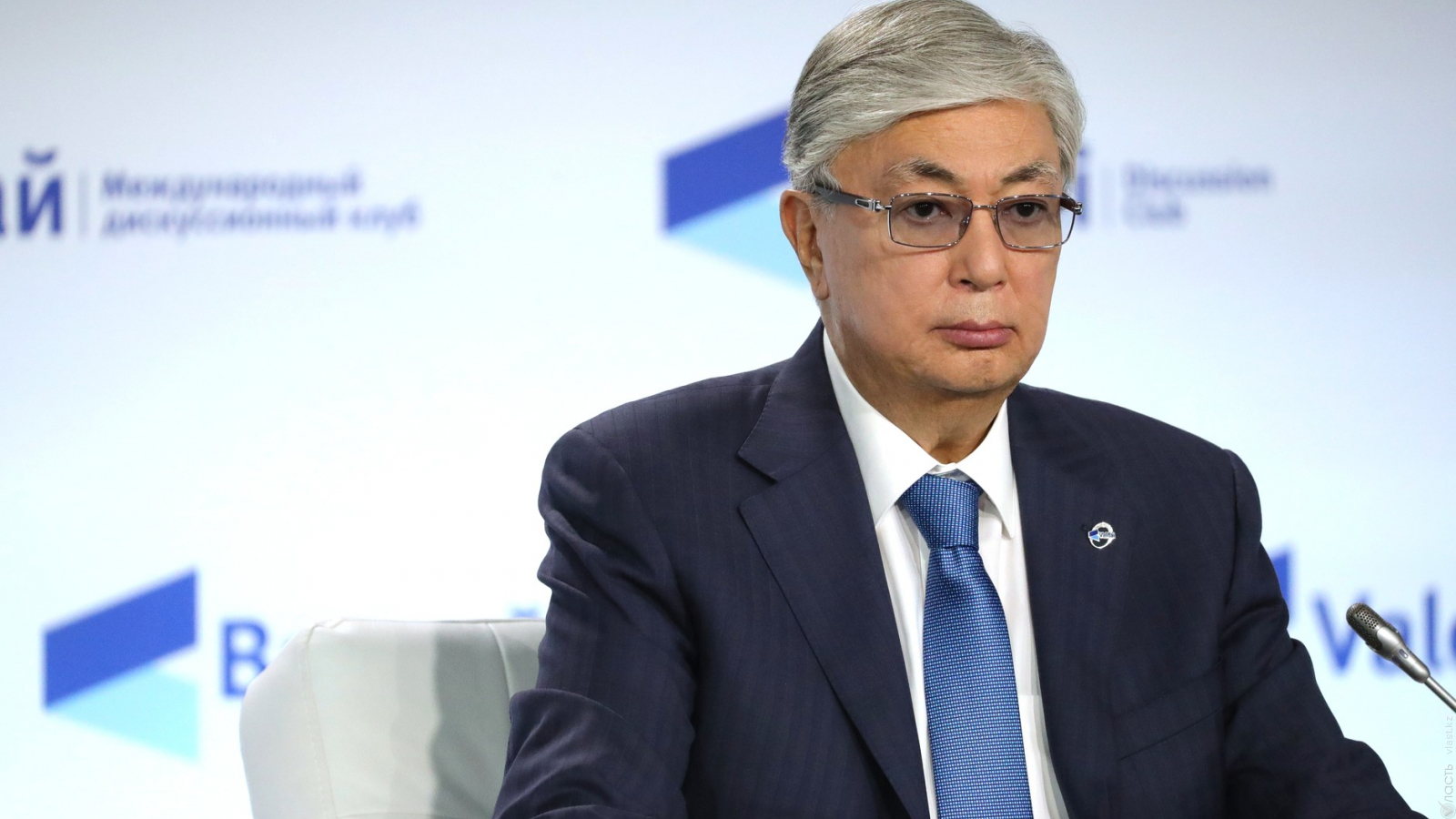Last week, a number of political movements (parties Amanat, Ak Zhol and People’s Party, plus several civic groups) declared their support for the candidacy of incumbent President Kassym-Jomart Tokayev for another term in office. But is it possible to call the support of pro-government political groups that never opposed the current or the previous president “popular”?
The hastily created “People’s Coalition” in support of Tokayev “encompasses all social strata,” as emphasized by the president himself. But a closer look shows that this group only represents the interests of a portion of society.
During Tokayev’s tenure, none of the parties created by civil activists could pass the registration process.
The parties now rallying behind Tokayev have long played the role of pseudo-opposition in Parliament, without expressing any autonomous or independent initiatives. If once they put forward non-competitive candidates, they are now even supporting the incumbent president, highlighting the authoritarian nature of the emerging system.
A complete list of “more than 30 civil groups” that took part in the coalition has yet to be published. Instead of transparency, the voters are fed the photo gallery of the sea of thousands of attendees of the People’s Coalition forum.
One of the organizations that supported Tokayev’s candidacy is QAZAQSTAN TEAM, an NGO originally created under the umbrella of the ruling Nur-Otan party (now Amanat) as part of the campaign headquarters for the 2019 elections. The NGO’s activities between the previous and the current elections are unknown.
Another step towards building a new cult of personality can be spotted when party leaders call to “not just praise, but be proud of Tokayev.” His so-called “equidistance from all political parties” is in fact a detachment from the Kazakhstani society.
After the sham parliamentary elections of 2021 and the legitimization of the president’s unilateral decisions with the referendum in June, Tokayev’s strategy employs the same range of deceptions that he has used for the past three years to build the illusion of a “New Kazakhstan.”
Поддержите журналистику, которой доверяют.








